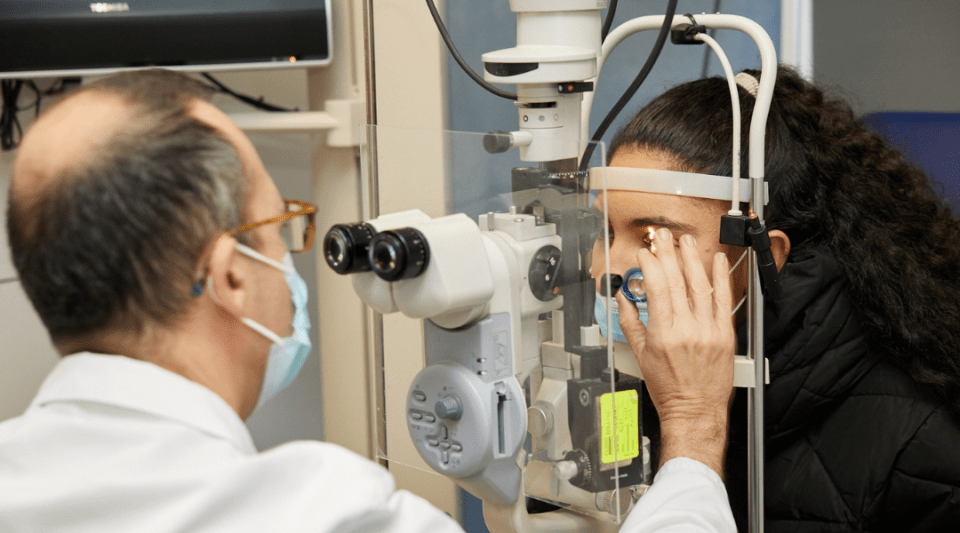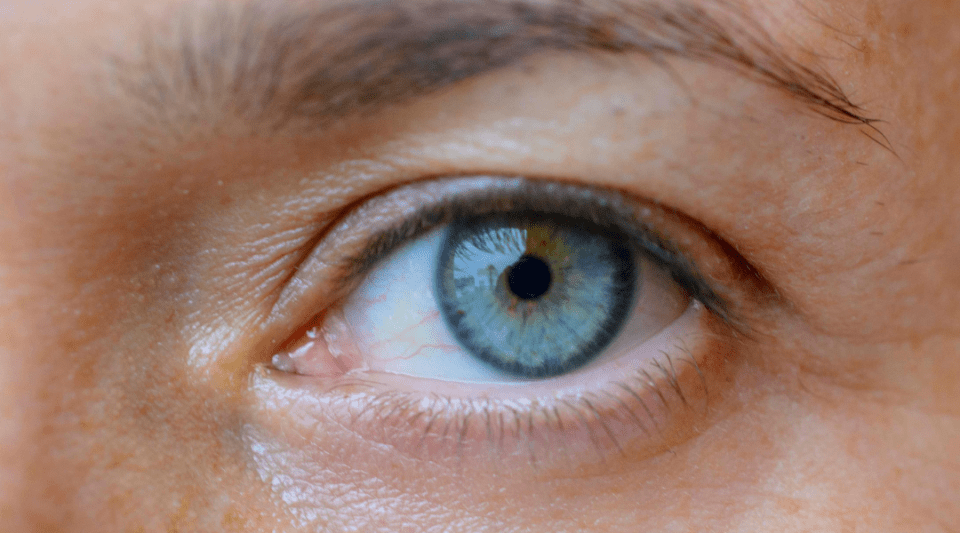Oropharyngeal dysphagia is a disturbance in deglutition (the ability to swallow) that affects the health and quality of life of a large number of people around the world. Around 10-30% of persons over 65 years of age are thought to have some type of difficulty in swallowing. However, this condition is still underdiagnosed and undertreated. Nutrition and speech therapy specialists play a very important role in maintaining an optimal state of health and promoting the quality of life of these patients. Their aim is to prevent malnutrition and dehydration, reduce the risk of respiratory infections, such as aspiration pneumonia, and avoid prolonged hospital stays or frequent readmissions.
The most common causes of dysphagia include neurological disorders, such as Parkinson's or Alzheimer's disease, stroke and head or neck tumours. As well as functional difficulties, this disturbance also has psychological and social repercussions for these patients and their families. Food becomes a daily concern, and the refusal to eat in public, as well as the constant fear of choking, have a negative impact on the well-being of these people.
Speech therapists have a crucial role in clinical evaluation and rehabilitation.
Among all the professionals who treat dysphagia, the speech therapist has a very important role in the clinical evaluation of swallowing and its subsequent rehabilitation.
This evaluation includes a thorough review of the patient's medical history, a physical examination, an examination of cognitive and communicative status, as well as an evaluation of chewing, swallowing and speech functions. They also help identify the need for additional instrumental tests to gain a better understanding of the severity and evolution of dysphagia and help guide treatment.
For swallowing rehabilitation, the speech therapist is responsible for teaching patients postural modifications, strategies and swallowing manoeuvres aimed at improving the safety and effectiveness of swallowing.
The nutritionist has a crucial role in treatment
Nutritionists also have a crucial role in the treatment of dysphagia. This is due to the fact that people with swallowing difficulties often do not follow a balanced and complete diet, which can lead to significant problems of dehydration and malnutrition.
Among their functions is the evaluation of the patient to prepare an individualised eating plan that takes into consideration the texture of food and drink. In parallel, they also educate the patient, family members and caregivers about food preparation. They teach culinary techniques, diet enrichment, the management of thickeners and offer dietary recommendations to promote the palatability of foods.
For those patients at risk of malnutrition, the nutritionist supplements their diet with nutritional formulas adapted in texture and performs periodic checks to monitor the patient's nutritional progress.
As well as speech therapists and nutritionists, other health professionals are also essential in offering the patient a better quality of life, such as nursing and medical staff and care assistants. These all contribute to the multidisciplinary work necessary to be able to provide a comprehensive approach to people with swallowing difficulties and improve the efficiency and quality of care.
INFORMATION DOCUMENTED BY:
Ana Mª Pérez, nutritionist at the Clínic Barcelona hospital.
Ada Cabero, speech therapist at the Clínic Barcelona hospital.
Mónica Egea, speech therapist at the Clínic Barcelona hospital.






